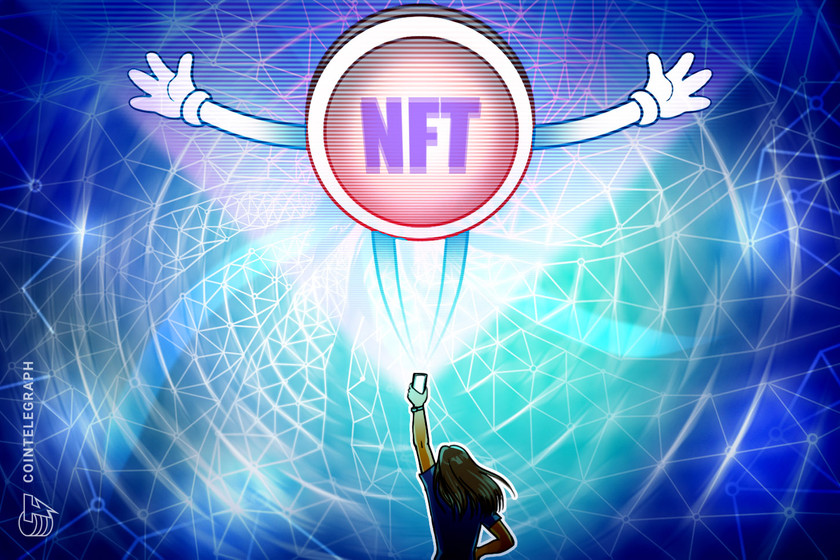Crypto exchange Liquid attains Japanese derivatives licence
The exchange filed the application to Japan’s financial regulatory body in Q2 of 2020.
638 Total views
30 Total shares

Japanese cryptocurrency exchange Liquid has announced that its subsidiary firm, Quoine Corporation, has acquired a Type I Financial Instruments Business license under the Financial Instruments and Exchange Act from the Japanese regulatory authorities.
The approval will allow Liquid to commence derivatives trading on its platform, offering investment opportunities to both retail and institutional clients, although a specific date for launch was not disclosed.
Founded in 2014, Liquid is one of the world’s largest crypto-fiat exchanges with in excess of 800,000 customers and a reported highest daily trade volume of $1.1 billion across 2021. The platform operates under Japan’s Payment Services Act via Quoine Corporation and has also applied for a license with the Monetary Authority of Singapore.
Liquid’s chief operating officer, Seth Melamed, shared his thoughts on the importance of attaining regulation within the sector:
“The Type 1 license issuance is the culmination of a great deal of preparation and collaboration by the entire Liquid team. It is also a validation that trading derivatives in crypto can be done in a compliant manner with full customer protections & transparency.”
Related: Hacked Liquid exchange receives $120M debt funding from FTX
In mid-August this year, Liquid was the victim of a $97 million security hack on its hot wallets, although the company was keen to stress that users’ wallet balances were not affected by the incident.
Hot wallets such as Metamask and Phantom are a method of storing and trading cryptocurrencies widely considered more susceptible to breaches than the offline alternative of cold wallets.
In the weeks following the targeted attack, the exchange announced positive news of a $120 million debt financing investment from FTX Trading, a subsidiary of FTX, in a bid to improve the exchange’s balance sheet, support licensing endeavors in jurisdictions of Japan and Singapore, enhanced capital and liquidity generation, as well as customer support services.









